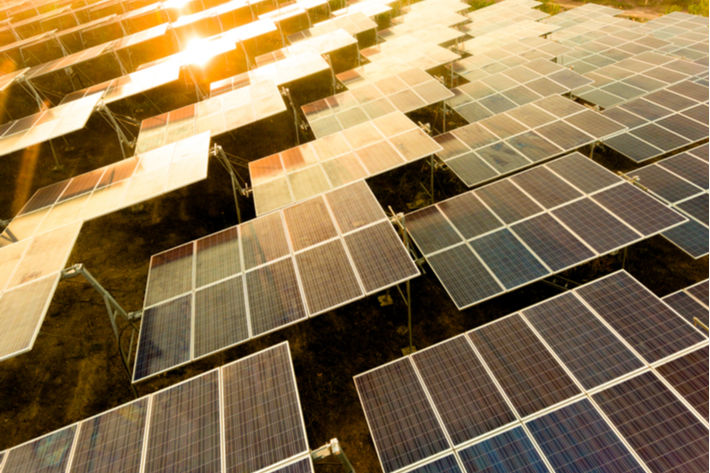India must step-up clean energy subsidies to meet 2030 targets: Study

To achieve the 2030 clean energy targets, more support—which may include subsidies—will be needed to scale up solar manufacturing, green hydrogen, and promising decentralised renewable energy technologies.
The report, titled Mapping India’s Energy Policy 2022: Aligning Support and Revenues with a Net-Zero Future, found that overall, India’s subsidies for fossil fuels, such as coal, oil, and gas, dropped notably by 72 per cent to ₹68,226 crore during the 7 years between 2014 and 2021. However, fossil fuel subsidies in FY 2021 are still nine times higher than renewable energy subsidies. The country, therefore, needs to shift support away from fossil fuels and toward clean energy technologies to reach 500 GW of non-fossil power capacity by 2030 and net-zero emissions by 2070.
Overall, India provided over ₹540,000 crore to support the energy sector in FY 2021, including nearly ₹218,000 crore in the form of subsidies.
“The centre and the states must ensure adequate support and financing models for clean energy in the medium and long term, in line with India’s stated decarbonisation goals,” said co-author of the study Karthik Ganesan, fellow and director of research coordination at CEEW.
The report highlights that India’s non-banking financial companies are now playing a major role in shifting public finance away from fossil fuels, but as of today, no public finance institutions (PFIs) have established clear plans for phasing out finance for fossil fuels. In fact, annual disbursements by the largest PFIs were three times higher for fossil generation than renewable energy in FY 2021, according to the report. While several public sector undertakings (PSUs) announced new clean energy partnerships and targets, they need to set out clear strategies for adjusting business models to clean energy transition and net-zero, experts recommend.
Fibre2Fashion News Desk (KD)
































-Ltd..jpg?tr=w-120,h-60,c-at_max,cm-pad_resize,bg-ffffff)





.jpg?tr=w-120,h-60,c-at_max,cm-pad_resize,bg-ffffff)
.jpg?tr=w-120,h-60,c-at_max,cm-pad_resize,bg-ffffff)






